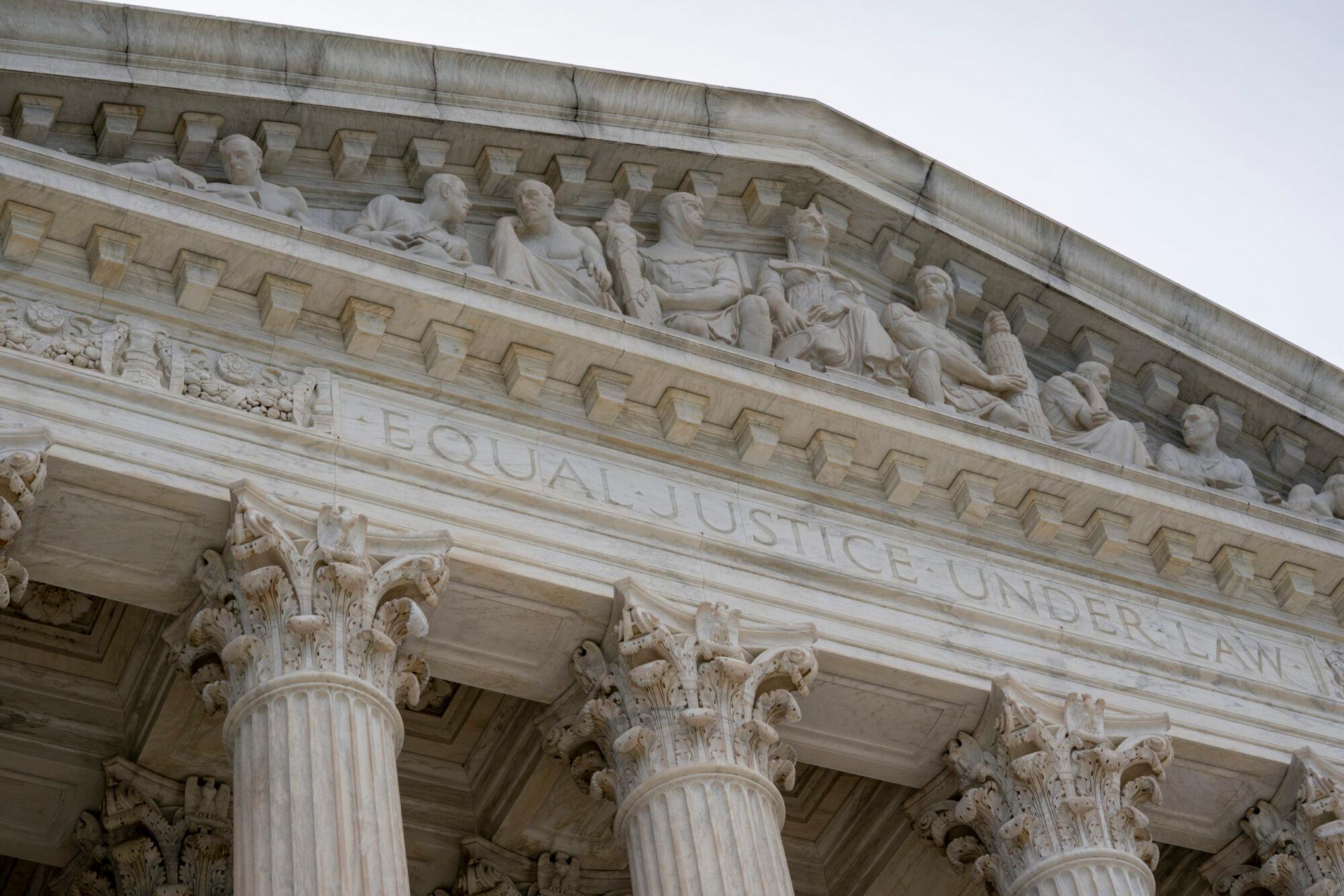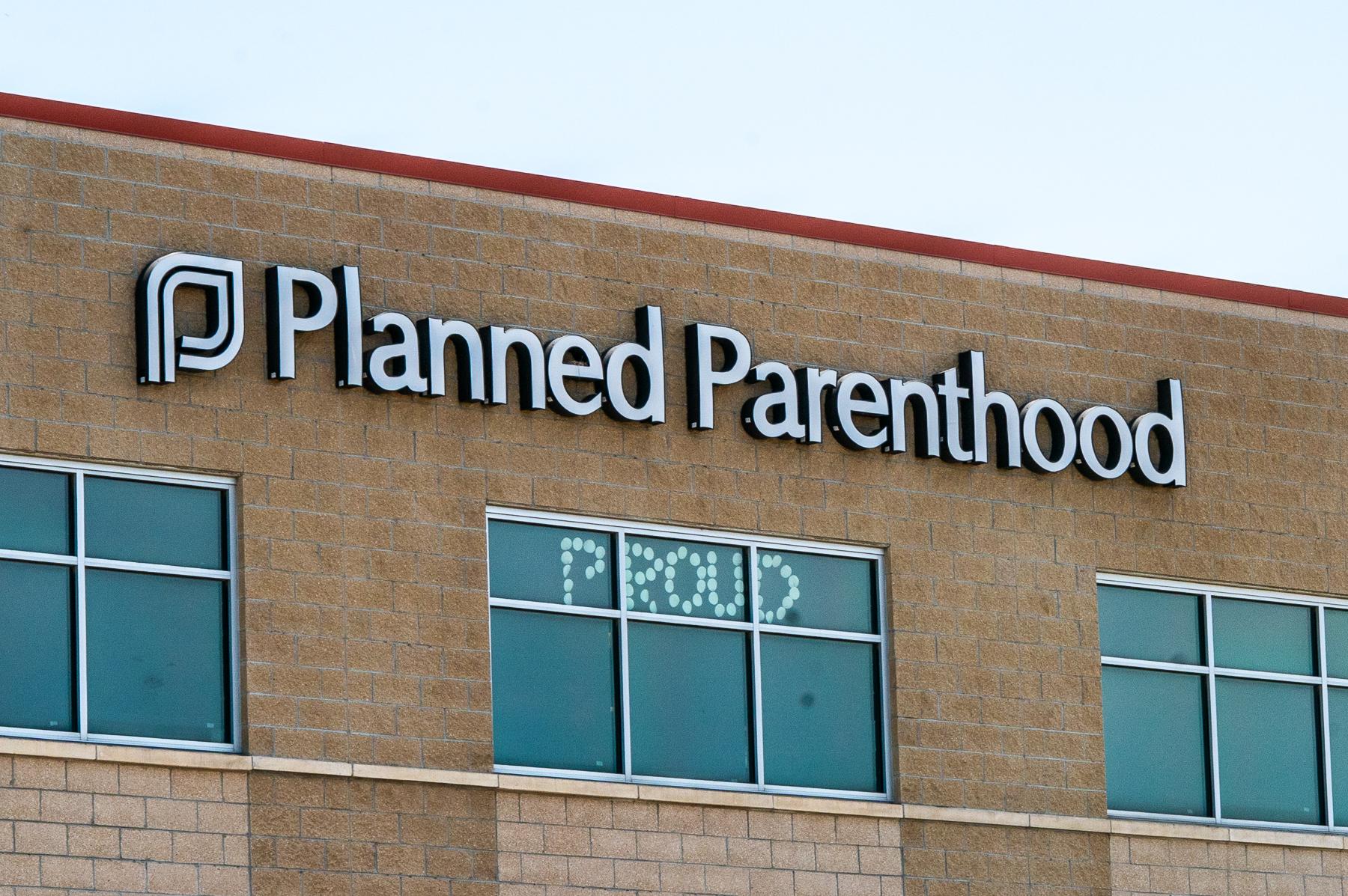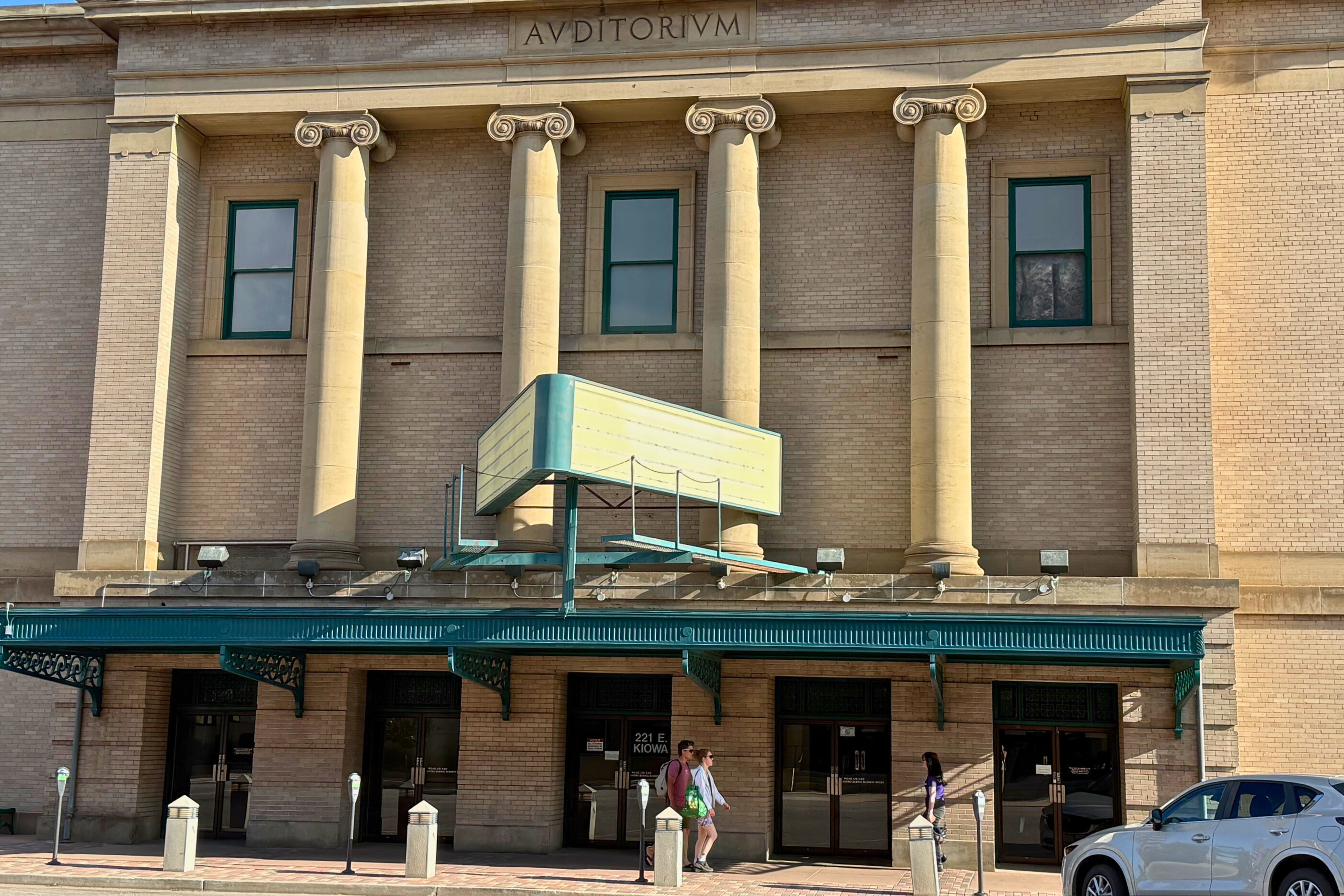
The unsettled constitutional question of whether creative professionals are required to take commissions for same-sex ceremonies, regardless of their religious views on such unions, could be headed back to the U.S. Supreme Court.
And once again, it may be a Colorado case that gets it there.
Unlike the 2018 Masterpiece Cakeshop case, in which a Lakewood baker was sued after refusing to make a wedding cake for a gay couple, this suit was filed preemptively by a graphic designer who wants a legal guarantee that she can turn down website commissions for same-sex ceremonies.
Lorie Smith, the owner of 303 Creative, doesn’t currently offer wedding websites but would like to start making them. However, she told the court she would not accept commissions for same-sex unions or other weddings that violate her Christian faith, and wants to be able to put a statement on her website explaining her policy.
This week the Denver-based 10th Circuit Court of Appeals issued a 2-1 ruling that such a policy — and a statement — would violate Colorado’s Anti-Discrimination Act, and that the Act itself does not violate the First Amendment.
“Colorado has a compelling interest in protecting both the dignity interests of members of marginalized groups and their material interests in accessing the commercial marketplace,” the two justices wrote in their majority opinion.
Their opinion concludes that while a diversity of faiths and religious beliefs are beneficial to society and that minority views — in this case Smith’s on same-sex marriage — should be protected, “Yet a faith that enriches society in one way might also damage society in other, particularly when that faith would exclude others from unique goods or services. In short, Appellants’ Free Speech and Free Exercise rights are, of course, compelling. But so too is Colorado’s interest in protecting its citizens from the harms of discrimination.”
The majority opinion was countered by the 10th Circuit’s chief judge, Timothy Tymkovich, in a dissent that was nearly as long and opens with a quote from George Orwell: “If liberty means anything at all, it means the right to tell people what they do not want to hear.”
“Though I am loathe to reference Orwell,” Tymkovich goes on to write, “the majority’s opinion endorses substantial government interference in matters of speech, religion, and conscience. Indeed, this case represents another chapter in the growing disconnect between the Constitution’s endorsement of pluralism of belief on the one hand and antidiscrimination laws’ restrictions of religious-based speech in the marketplace on the other.”
Alliance Defending Freedom, the conservative legal group representing Smith, said it plans to appeal the ruling to the US Supreme Court, in the hopes of obtaining a definitive ruling in favor of religious wedding professionals.
The Supreme Court’s 2018 ruling in the Masterpiece case was narrowly tailored and avoided settling the larger question of how to balance religious expression and non-discrimination laws.
“How many more creative professionals will have to suffer before they receive recognition of their constitutionally protected freedoms — the rights they have always had in this country?” said Senior Counsel and Vice President of Appellate Advocacy John Bursch, in a statement announcing the ruling and the planned appeal.
However, groups that support LGQBT rights hailed the decision as a “tremendous ruling,” saying the court correctly balanced constitutional guarantees of free speech with the need to prevent discrimination in the commercial sphere.
“This really isn’t about cake or websites or flowers,” said Jennifer C. Pizer, Senior Counsel at Lambda Legal, which filed a friend of the court brief in support of Colorado’s side. “It’s about protecting LGBTQ people and their families from being subjected to slammed doors, service refusals, and public humiliation in countless places — from fertility clinics to funeral homes, and everywhere in between.”









